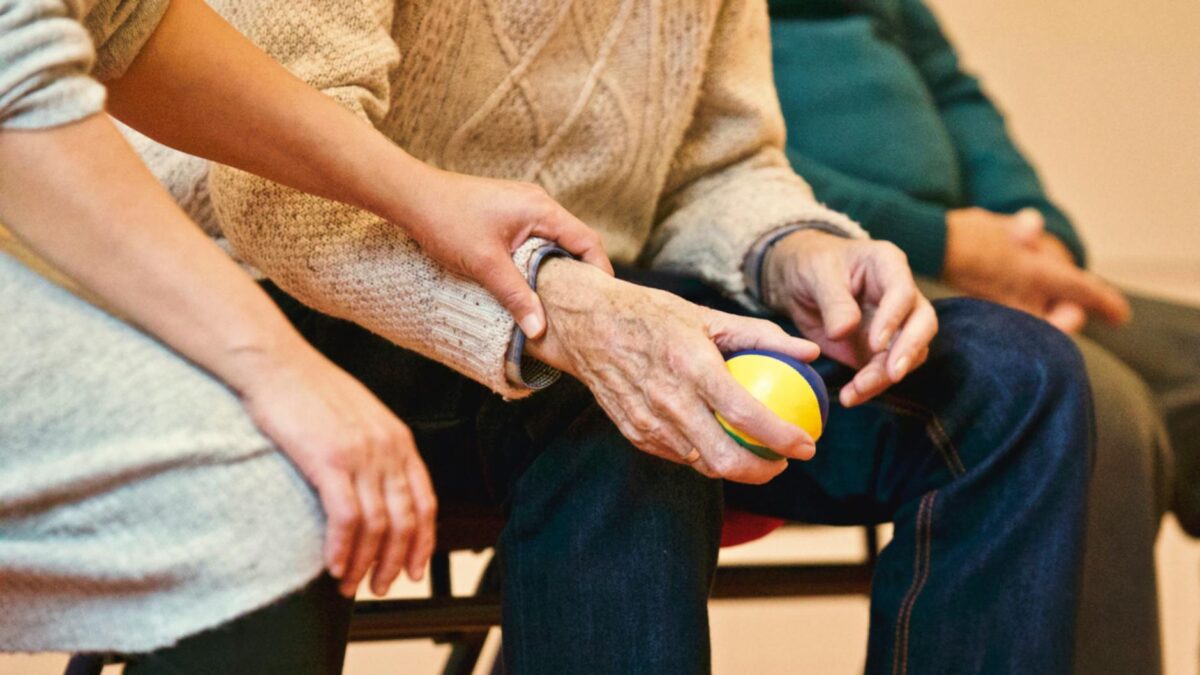

Check out the featured post and read more here: https://www.ibelieve.com/slideshows/3-ways-to-support-loved-ones-with-mental-health-disorders.html
As a teenager, mental health was prevalent in my home. My Dad was placed on disability at 14, and when his moods started shifting rapidly, I didn’t understand. Almost overnight, the chronic pain he endured morphed him into a different man.
My Mom was almost always anxious. She and my Dad often fought about bills, finances, and marital issues. At the top of their concerns were my half-brother’s affairs in drug abuse, addiction, and physical abuse.
By the time I was 25, I’d had my life threatened on numerous occasions. I’d faced countless rounds of verbal and emotional abuse, and couldn’t wait to get out of my home. It was my counselor who helped me understand and process the trauma I was experiencing. It was Christ who helped me see the purpose in the struggle.
The funny thing is, when I experienced these things, my family rarely talked about it or called it “mental health”. My Mom always said, “Someone else has it worse”. While she’s right, ignoring those issues altogether won’t make them go away. No matter how hard we shut our eyes and tell ourselves they don’t matter, they do. This is why both validation and reframing are important.
Today, mental health conditions and disorders are among the top in the world. Research shows that 284 million people in the world are impacted by anxiety, 264 million people are depressed, and 107 million people wrestle with alcohol addiction. 71 million people also fight drug use abuse and disorder as well.
If our world is suffering from this pandemic, how can we be a light? Here are three ways anyone can support loved ones experiencing mental health conditions and disorders.
